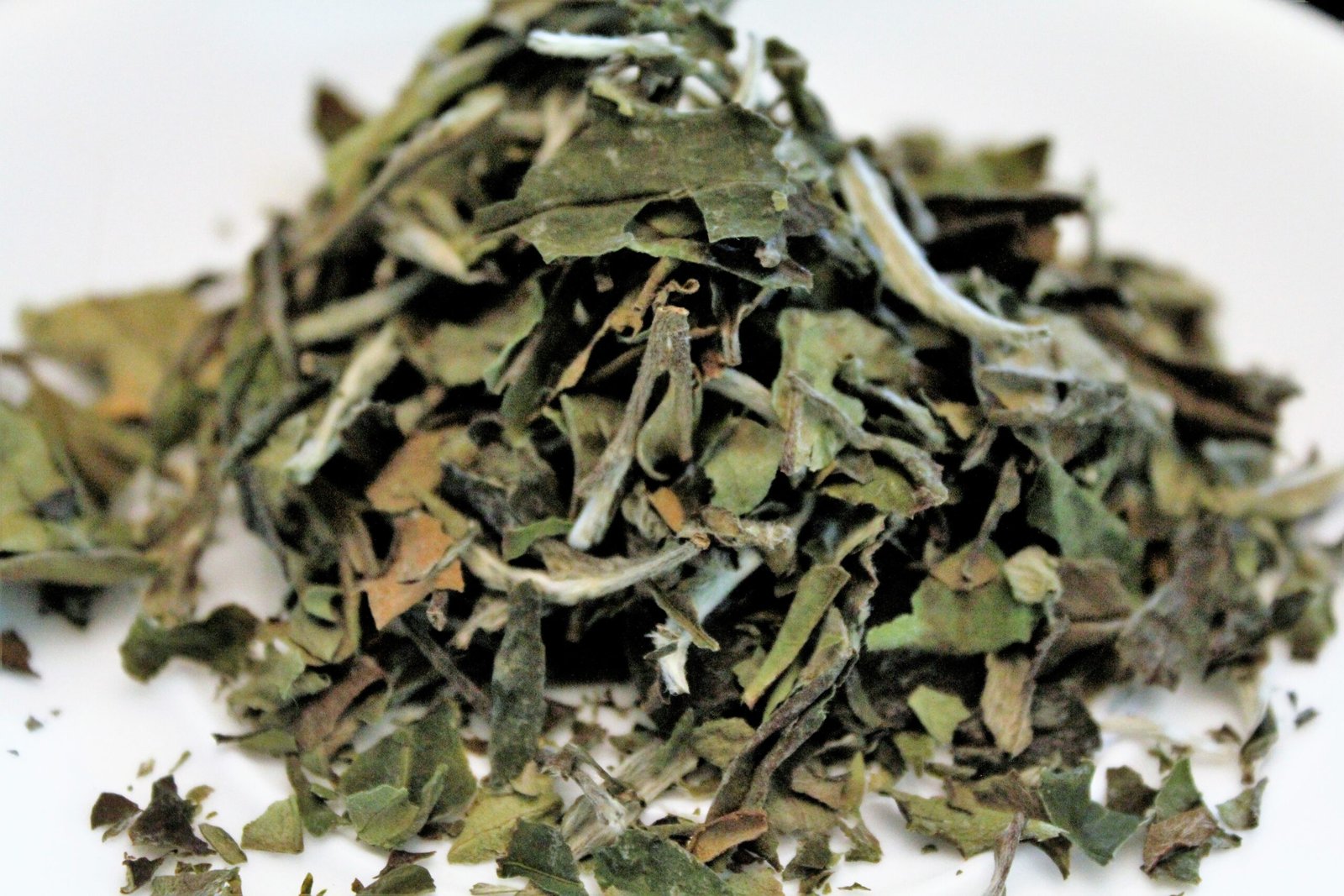Surprising Effects and Side Effects of Cinnamon
These days, when I wake up in the morning, I drink lukewarm water with a little cinnamon powder.
I usually like cinnamon, and I am addicted to the charm of cinnamon powder
because it tastes good and
it seems to help give me energy for the day.
So today, we are going to learn about cinnamon, which is loved in cooking for its attractive aroma and taste.
Cinnamon is gaining attention as a natural ingredient that provides various health benefits beyond a simple spice, but it is important to know the correct information and appropriate intake amount to use it because excessive consumption or inappropriate use can be harmful to health.
So, let’s start by looking at the different types of cinnamon.
Types of Cinnamon
Cinnamon is broadly divided into two types.
1. Cassia Cinnamon
Cassia cinnamon is the cinnamon we commonly use.
It has a relatively high coumarin content, and is used in many dishes and baking because of its strong aroma and flavor.
Cassia cinnamon is also a cheap and easily available.
2. Ceylon Cinnamon
Ceylon cinnamon is also called ‘real cinnamon’. It is considered a healthier option because it has a much lower coumarin content than cassia cinnamon. However, it is a bit more expensive and the taste is less intense and slightly sweeter than cassia cinnamon.
Main benefits of cinnamon
Cinnamon is known to provide various health benefits .
Below, we will look at some of the representative health benefits of cinnamon.
1. Antioxidant effect
Cinnamon is rich in antioxidants , which help neutralize free radicals in the body and reduce cell damage. This can have a positive effect on anti-aging and cancer prevention.
2. Anti-inflammatory effect
Some compounds in cinnamon help
reduce inflammation. Chronic inflammation has been linked to chronic diseases such as heart disease and diabetes, so cinnamon’s anti-inflammatory effects may be beneficial in preventing these diseases.
3. Blood sugar control
Cinnamon may be particularly helpful for those with type 2 diabetes.
Cinnamon has been studied to increase insulin sensitivity and have a positive effect on controlling blood sugar levels.
4. Cholesterol management
Regular consumption of cinnamon can help reduce LDL (bad cholesterol) and
maintain HDL (good cholesterol), which may contribute to reducing the risk of cardiovascular disease.
5. Improved brain function
Studies have shown that cinnamon can help improve memory and protect neurons, which may have a positive effect on preventing degenerative diseases such as Alzheimer’s.
Side effects of cinnamon
Cinnamon is safe for most people when consumed in moderation, but excessive consumption can cause the following side effects :
1. Liver damage caused by coumarin
Cassia cinnamon contains a component called coumarin , which can cause liver damage or toxicity if consumed in excess. People with liver disease in particular should be careful.
2. Allergic reaction
Some people may have an allergic reaction to cinnamon. Symptoms such as rash, itching, hives, and difficulty breathing may occur, so it is best to try only small amounts when you first start consuming cinnamon.
3. Digestive problems
Consuming too much cinnamon can cause digestive problems such as stomach upset, bloating, and diarrhea.
4. Interaction with drugs
Cinnamon has a blood sugar-lowering effect, so if you are taking
diabetes or blood pressure medication,
it may increase the effects of the medication or cause unexpected side effects.
It is recommended to use it after consulting a doctor.
Cinnamon daily intake
It is very important to keep cinnamon consumption in moderation,
especially cassia cinnamon, which has a high coumarin content, which can be harmful to health if consumed in excess.
- Cassia Cinnamon: A typical recommended dose is 1-4 grams (about half a teaspoon) per day.
- Ceylon cinnamon: It has a low coumarin content so
it is safe to take larger amounts , but 1-4 grams per day is recommended.
However, pregnant women, lactating women, children, and those
with chronic diseases should consult
a medical professional before consuming cinnamon.
conclusion
Cinnamon is a spice that
not only enriches our dishes with flavor and aroma, but also provides various health benefits. However, as with everything, it is important to consume in moderation, and it is also good for your health to avoid overconsumption of cinnamon and maintain a moderate amount. In particular, it is recommended to consume cassia cinnamon in moderation considering its coumarin content and use it according to your health condition.
Use cinnamon smartly
to create a healthier life👍
PS: If you have any questions,
please leave a comment at any time.


